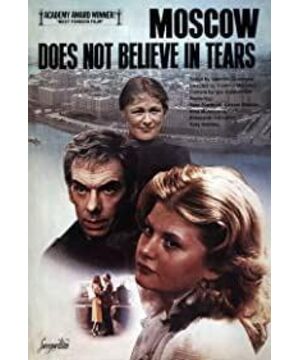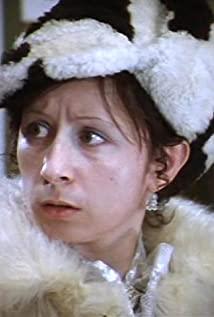Add some historical background
People's movements towards liberalization continued to emerge in Eastern European countries, "the failure of Eastern European planned economies made people eager to move towards a democratic, free or mixed market economy, eager to obtain agricultural products, modern housing and the latest consumer goods", political freedom harmed the film make. Between 1964 and 1982, when Brezhnev was the general secretary of the Communist Party of the Soviet Union, socialist consumerism emerged, but the culture suffered another "freezing period", when Gauss Films became a bureaucracy, encouraging populism consistent with socialist consumerism entertainment, and "Moscow Does Not Believe in Tears," the first Soviet film to win the Academy Award for Best Foreign Language Film, paid off.
Katerina's life is the main line of the narrative. The background is the Soviet Union in the 1950s and 1970s. With realistic shooting techniques, she expounds the value of human life with the spirit of learning and struggle. The experiences and encounters of Katerina and Lyudmila are in stark contrast, highlighting themes that life is worth the effort. "Katerina knows what she wants and what kind of person she can become", this is the most touching humanistic subject thought in the film: people's destiny can be controlled by themselves, whether it comes unexpectedly Not having a child out of wedlock, not having a noble and superior family background, or not having a blockbuster IQ and education, these are not enough reasons for a person to limit himself and tag himself. Especially a woman who, in that particular era at the time (and perhaps still is), achieved her class crossing and her goals entirely through her own efforts, how much this film means to us! Katerina's superhuman willpower and tenacious personality have realized her value as a person, as a woman, and as a mother! "down-to-earth" plus "far-reaching ambition" "standing in this society, you must position yourself well, and then work hard to accomplish what you need to accomplish", I don't want to be Rachkov! I should be my own Katerina, I can't give up and give up in any situation, play the cards in my hand well, and strive for more chances of winning. When he abandoned Katerina and his unborn child, he was destined to no longer enjoy "family happiness" in this life. "Don't cry, Moscow doesn't believe in tears, it's not time to cry, but to act."
View more about Moscow Does Not Believe in Tears reviews








